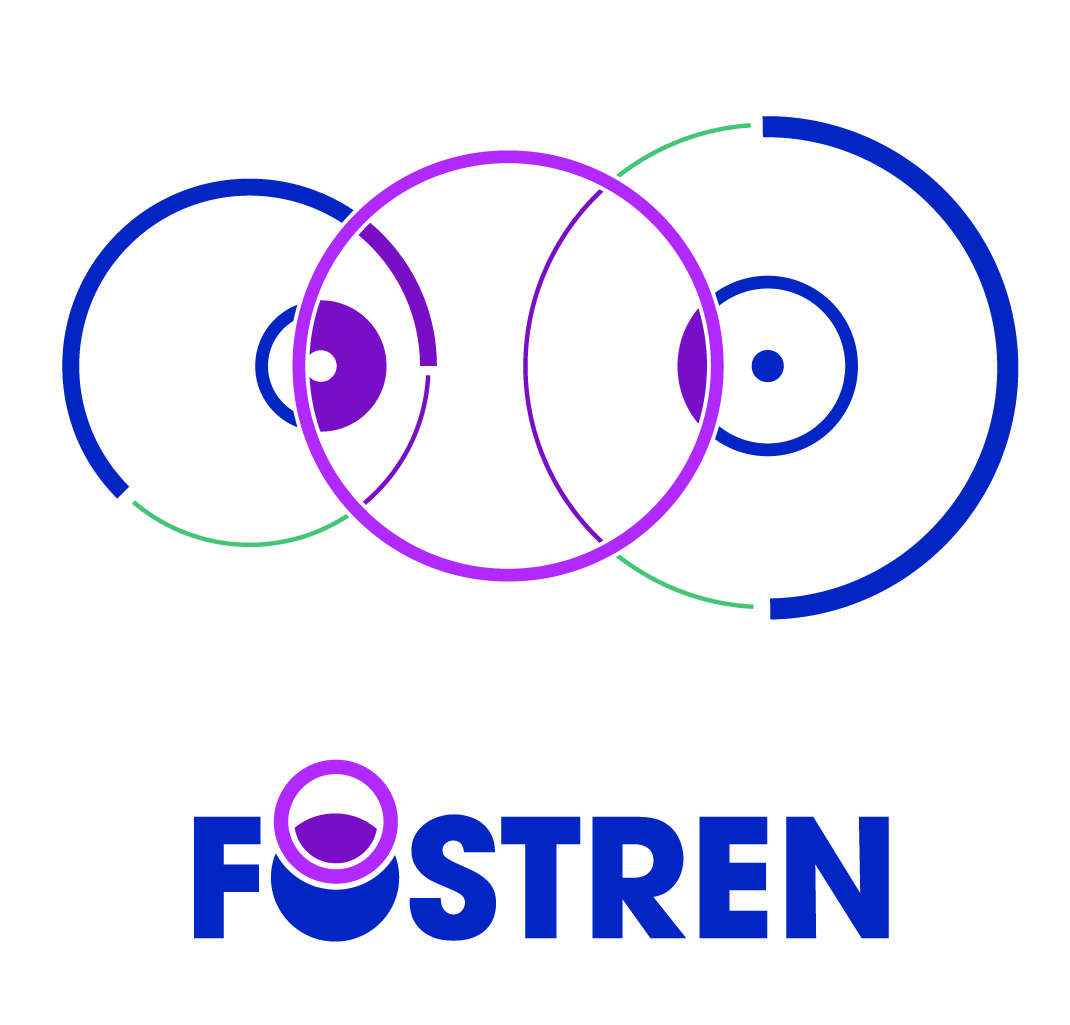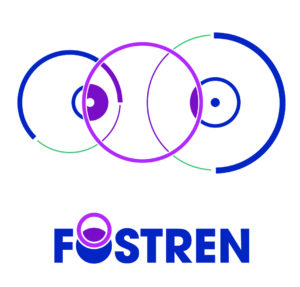FOSTREN Country Blog – Türkiye
Authors: Prof. Hülya Bilgin, Assoc. Prof. Merve Aydın
What is your country’s stand on coercion reduction?
In Türkiye, coercive methods are mostly applied in inpatient treatment and care in mental health settings. The provisions under article 432 and subsequent articles of the Türkiye Civil Code No. 4721, which came into force on January 1, 2002, form the primary legal basis for involuntary hospitalization and treatment of psychiatric patients. The relevant article states that individuals posing a danger to society due to severe mental or physical illnesses will be placed in appropriate institutions for treatment, education, and rehabilitation when their personal protection cannot be ensured by other means. Additionally, important regulations regarding the use of coercive measures are found in the Türkiye Constitution, the Turkish Penal Code, the Law on the Enforcement of Criminal and Security Measures, and relevant articles of the European Convention on Human Rights and the Bioethics Convention. Currently, there is no specific law regarding to psychiatric patients in Türkiye. Following recommendations from the WHO, the World Psychiatric Association, and the European Psychiatric Association, the Türkiye Psychiatric Association prepared a “Mental Health Draft Law” in 2016, which was presented to parliament in April 2023 but has not yet been enacted.
In psychiatric units, interventions for aggression include seclusion, physical restraint, mechanical restraint, and chemical restraint. However, there has been an increasing emphasis on assessing the risk of violence (related risk factors and environmental risk factors) and managing potential aggression (such as calming techniques/deescalation, providing breaks, and constant observation) before resorting to coercive methods.
What kind of research is happening in your country on this topic?
In Türkiye, studies have been conducted on the frequency of using coercive methods, factors affecting aggression, perceptions and attitudes toward aggression, and the opinions of physicians and nurses regarding the use of restraint methods. The Safewards website has been translated into Turkish by Prof. Dr. Hülya Bilgin. Additionally, a Delphi study based on the opinions of mental health professionals, patients, and their families regarding strategies that could reduce coercion in mental health services is ongoing research (Assoc. Prof. Özge Sukut; Assoc. Prof. Hürrem Ayhan; Assoc. Prof. Merve Aydın; Prof. Hülya Bilgin; Prof. Filiz Civil Arslan).
Why are you in the network? What would you like to achieve with it?
FOSTREN provides an important opportunity to share evidence-based experiences and knowledge regarding the application of coercive methods in other member countries. It has enabled us to interact and share data and information with other member countries and experts in the field. Through this, we have been able to contribute to theoretical studies by participating in working groups within FOSTREN. We aim to share the experiences we gain through FOSTREN with our clinical colleagues and students to ensure that mental health and psychiatric care services in our country are as peaceful and fulfilling as possible for all stakeholders.
Is there anything else that you want to share with us?
In Türkiye, the Psychiatry Nurses Association and the Türkiye Psychiatric Association are ready to collaborate with the government to develop guidelines and policies in the field of mental health. As professionals working in this area, we strive to create a cultural shift toward therapeutic environments that require fewer coercive practices in psychiatric care.
References
- Sert, Gürkan, Hatice Özçelik, and Gülay Yıldırım. “Involuntary hospitalization and treatment of patients with mental illness in Turkey: Legal and ethical issues.” Mersin University Medical Faculty Lokman Hekim Journal of Medical History and Folkloric Medicine 9.3 (2019): 393-404.
- Tekkaş, Kader, and Hülya Bilgin. “Professional control methods used in psychiatric services: Reasons for use, types, international practices, and perceptions.” Türkiye Journal of Psychiatry 21.3 (2010): 235-237.
- Ayhan, Didem, and Duygu Hicdurmaz. “A simplified calming model as an aggression management approach in psychiatric services.” Journal of Psychiatric Nursing 11.3 (2020): 251-259.
- Sercan, Mustafa, and Rabia Bılıcı. “Variables of patient restraint practices in a regional mental health hospital in Turkey.” Türkiye Journal of Psychiatry 20.1 (2009).
- Coşkun, Sibel, and Fatma Avlamaz. “Analysis of the use of mechanical restraints and the periods of restraint applied in acute psychiatric clinics over a one-year period.” Journal of Psychiatric Nursing 1.2 (2010): 51-55.
- Keser Özcan, Neslihan, et al. “Nurses’ attitudes towards professional containment methods used in psychiatric wards and perceptions of aggression in Turkey.” Journal of Clinical Nursing 24.19-20 (2015): 2881-2889.
- Ucun, Yasemin, Nermin Gürhan, and Burhanettin Kaya. “Opinions of nurses and physicians working in a psychiatric clinic regarding patient restraint methods.” Journal of Nursing Research and Development 17.2/3 (2015): 10-20.
- Köse, Gülşah, et al. “Determination of knowledge, attitudes, and practices regarding the use of physical restraints among nurses working in a university hospital.” Kocaeli Medical Journal 9.2 (2020): 39-48.

